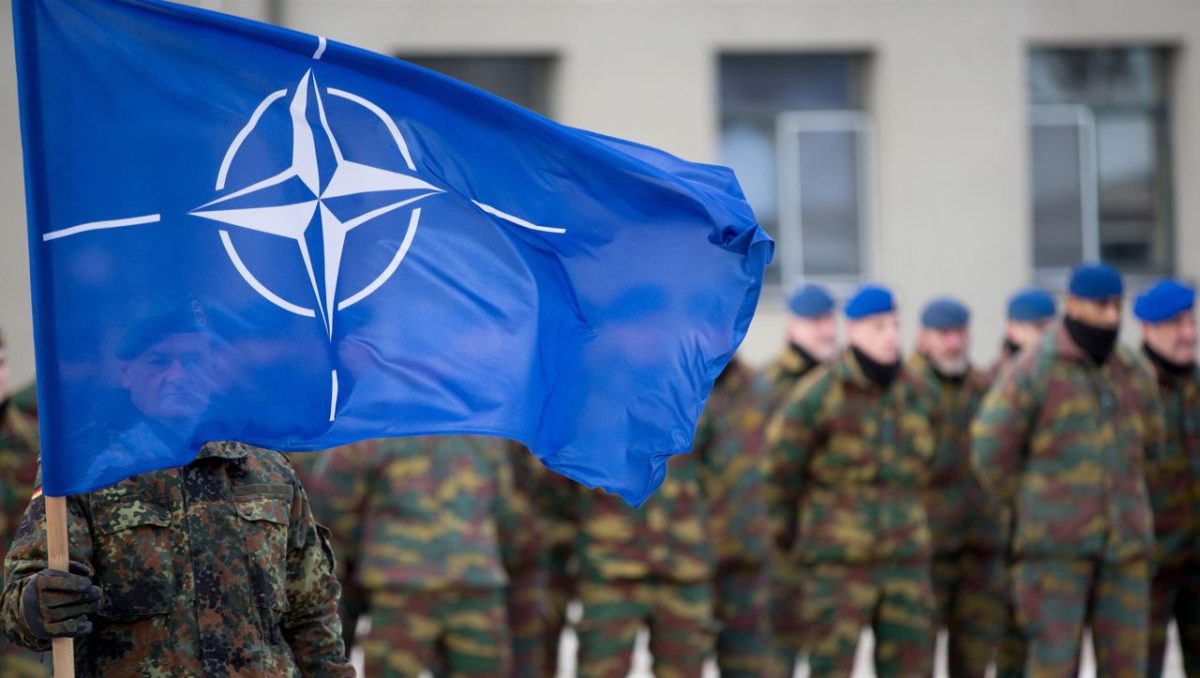Urged by Secretary-General Jens Stoltenberg, a meeting of NATO foreign ministers agreed on Wednesday to move towards guaranteeing long-term weapon deliveries to Kyiv. However, proposals to establish a $107bn, five-year fund, met resistance from some quarters.
The alliance chief said allies “agreed to move forward with planning for a greater NATO role in coordinating security assistance and training”.
The move would give NATO a more direct role in coordinating the supply of arms, ammunition and equipment to Ukraine as it fights Russia’s invasion.
Speaking before the meeting Stoltenberg stated Kyiv had “urgent needs,” adding that “any delay in providing support has consequences on the battlefield as we speak”.
“We must ensure reliable and predictable security assistance to Ukraine for the long haul so that we rely less on the voluntary contributions and more on NATO commitments, less on short-term offers and more on multiyear pledges,” he added.
“The reason why we do this is the situation on the battlefield in Ukraine. It is serious … We see how Russia is pushing, and we see how they try to win this war by just waiting us out.”
While the move would not see NATO directly providing weapons to Ukraine – as an organisation with 32 members that functions by consensus, the allies only agree to send non-lethal aid like demining equipment, fuel and medical supplies – it would mark a new phase in its involvement in the war.
The move is also seen as influenced by the possibility that Donald Trump could return to the US presidency following elections in November.
Under the plan, NATO would take over some coordination work from a US-led ad hoc coalition known as the Ramstein group.
Ministers, however, suggested that agreeing upon the 100-billion-euro ($107bn) fund could prove tricky.
Stoltenberg said the aim is for a decision on the proposals to be taken at a July summit of NATO member state leaders. NATO decisions require consensus among its 32 members.
Initial reactions from across the alliance signalled a decision may not be easy.
Hungary signalled scepticism about at least some elements of Stoltenberg’s proposal.
Foreign Minister Peter Szijjarto “announced Hungary’s opposition to increasing NATO’s coordination role in arms deliveries and training Ukrainian forces, refusing to participate in planning, operations, or funding. This stance was outlined during a news briefing at the NATO foreign ministers meeting” government spokesperson Zoltan Kovacs wrote on X.
Stoltenberg stressed he had spoken to Hungarian Prime Minister Viktor Orban to address his concerns and that he was confident those issues would be addressed in the coming weeks.
“What we are discussing is not a NATO combat presence in Ukraine. We are discussing how we can coordinate and deliver support from outside Ukraine to Ukraine as NATO allies do,” Stoltenberg added.
“And now when we initiate planning, I’m certain we can also address the concerns that Hungary has raised and find a way where we can have consensus.”
The plan is to have NATO coordinate the work of the Ukraine Defense Contact Group – a forum of about 50 countries that has regularly gathered during the war to drum up weapons and ammunition for Ukraine – rather than the US European Command.
US General Christopher Cavoli is NATO’s top military commander, as well as the head of US European Command, so the person in charge would not change. But Stoltenberg said a formal “institutional framework” is needed as the war drags on and that NATO can provide it.
While NATO is desperate to do more for Ukraine, particularly while Russia holds a military advantage, its members are not ready to offer the country their ultimate security guarantee: membership.
Nor do they want to be dragged into a wider war with a nuclear-armed military power like Russia.
